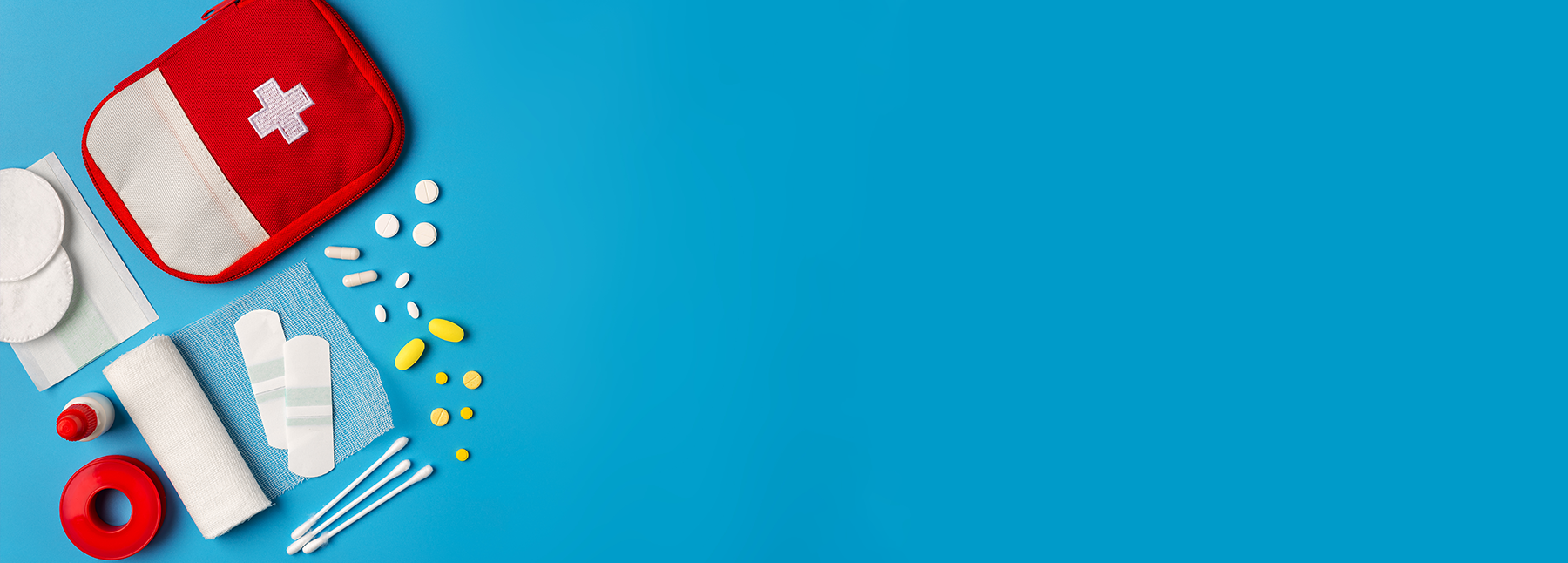The thought of a medical emergency in the workplace is frightening for all employees but particularly for those who may be on expat assignment.
Complete a first aid course
Have a checkup before you leave
Once you know you are going on assignment, book a health check with your family doctor or local hospital. The goal of a health check is to ensure all of your body’s most important systems are running correctly and to detect any potential issues before they become more serious. A health check may include:
- consultation: although this will vary, consultations usually cover medical history, allergies, medication you take, lifestyle analysis and any relevant family history.
- physical exam: including weight, lung function, cardio-respiratory exam, central nervous system, vision and hearing exams.
- series of investigations: these tests vary between males and females however some are common to both, including blood count, kidney and liver function, bone and lipid profiles.
Get the correct vaccinations in good time
Speak with your doctor regarding any vaccinations you may require. Remember many vaccinations need weeks and in some instances months to take effect so allow plenty of time between a consultation with your doctor and when you leave.
The World Health Organization provides a list of vaccination requirements by country which is a useful reference point. If you are going on assignment for your current company, speak to your HR department regarding your need for vaccinations or protection from malaria while on assignment.
Speak to your employer about any illnesses you may have
Wear a medical alert bracelet
A great way to inform those around you about a medical condition that may impact you in an expat workplace is by wearing a medical band or bracelet. Most highlight the issue you have and may direct a first responder to where they can find more detailed information e.g. on a card in your wallet.
If there is a medical emergency in your workplace, there are a number of steps to follow to achieve the best outcome for the patient.
- stay calm, although this can be difficult, take a deep breath before assessing the situation. If you feel completely overwhelmed, seek help from a colleague.
- contact emergency services
- use first aid knowledge if you are trained and feel comfortable doing so
- do not move the patient unless they are in a dangerous situation
- inform their manager or HR who can get in touch with their next of kin
A medical emergency at work can be a frightening situation whether you or your colleague are the patient. With some planning it is possible to reduce the risk or ensure you have the skills needed to respond appropriately.
Ensure you have access to the medical treatment you may need while on expat assignment with international health insurance. If you have questions on your health and wellbeing while overseas, get in touch, we are happy to advise you on your options.



